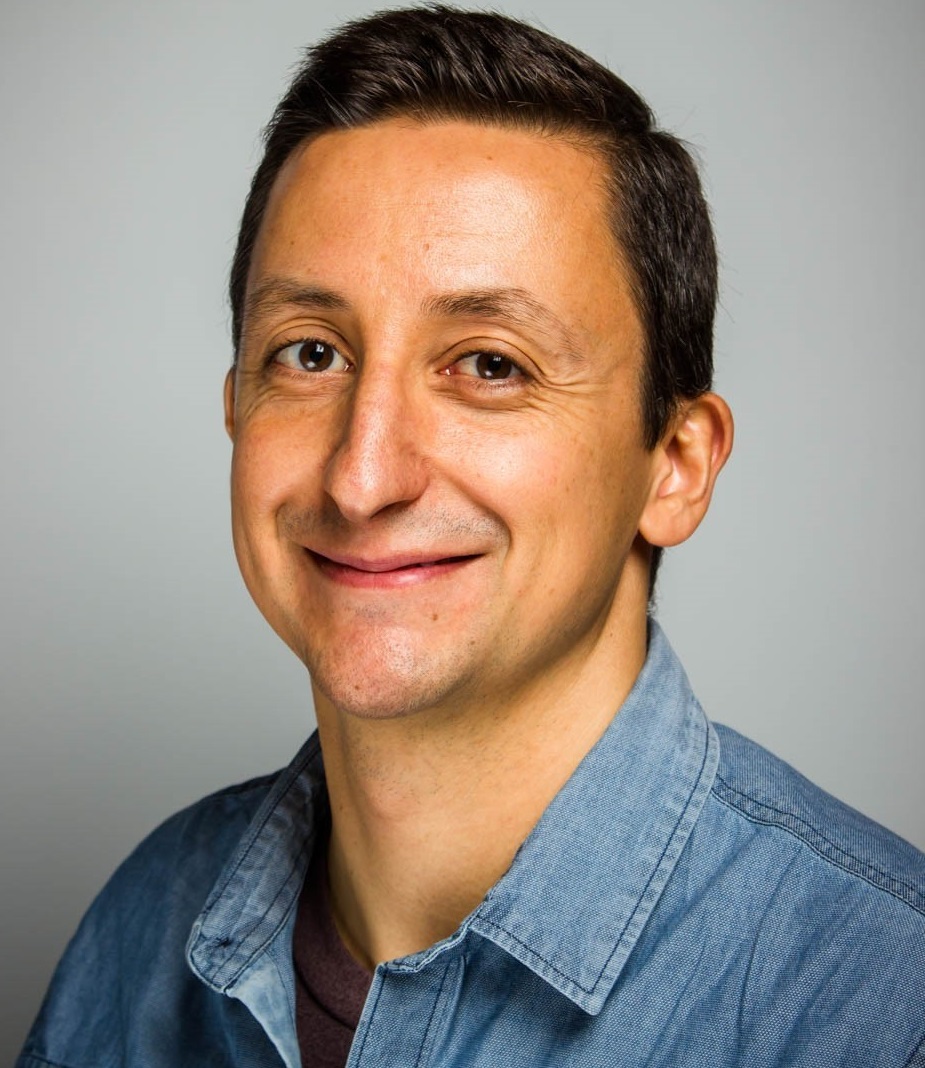Manuel Pais (MSIT-SE 2010) found his calling in improving team interactions. After graduating from the collaborative Master of Software Engineering program between Carnegie Mellon and the University of Coimbra in Portugal, Manuel went on to become an expert on team dynamics and organizational design.
It was Manuel’s diverse set of experiences, as a developer, tester, and then team lead, that sparked his interest in teamwork. He noticed that friction arose from poor alignment between teams. “I started to see the issues around the barriers between teams,” Manuel said. “You’re not just looking at each team individually, but trying to see how teams are dependent on each other. And assessing how easy or difficult it is to get them to work together.”
Intrigued by these organizational design questions, Manuel decided to dig deeper by becoming a consultant. He soon saw common patterns that transcended individual companies. In particular, he noticed how “command-and-control” corporate cultures stifled innovation and punished failure.
"I realized that I could become a consultant, and try to help by changing practices at the team level and making them more alert to other teams as well,” Manuel said. “I think that can also help change a bit of that command-and-control culture."
MSE Built Confidence to Level Up Career
Manuel credits the rigorous curriculum of the MSE program with honing his critical thinking skills and technical knowledge. The program also imbued him with the confidence to take his career to the next level.
“It made me more confident to take bigger steps in my career,” he said. Though he didn't feel fully prepared at first, the academic intensity of the MSE assured Manuel that he could rise to new challenges—whether leading teams, authoring books, or delivering keynotes.
Armed with fresh ideas from his MSE studies, Manuel returned to the software industry with a renewed zeal for empowering teams and disrupting bureaucratic workplace conventions. However, he learned the hard way that garnering buy-in requires empathy.
“I was very impatient. I eventually realized that it's not that people didn’t agree with my ideas, it's just that people are different and some people need time," Manuel reflected on one memorable misstep. "You need to focus on helping people adopt new practices, and understand where they're coming from, and why they may be resistant to change.”
Pais Paves the Path to Better Team Alignment
Synthesizing years of insights into high-performing team structures, Manuel co-authored the bestseller Team Topologies in 2019. The book delves into aligning teams for fast flow of valuable changes. It also covers balancing semi-autonomous teams with alignment to the broader organization.
Today, Manuel continues sharing wisdom through speaking, writing, and advising companies large and small. He co-founded Team Topologies Academy to offer online courses about applying the book’s lessons. Manuel also returns to Carnegie Mellon as a guest lecturer in the Quality Assurance course, sharing his expertise in team dynamics.
Though Manuel wears many hats, his motivations remain constant—helping teams work together more seamlessly. "At the end of the day, people are more motivated at work when they feel more engaged, which is obviously good for the organizations and the companies themselves," he said.
After all, Manuel believes that building trust, mastery, autonomy, and purpose among team members is the key to unlocking organizational potential.
